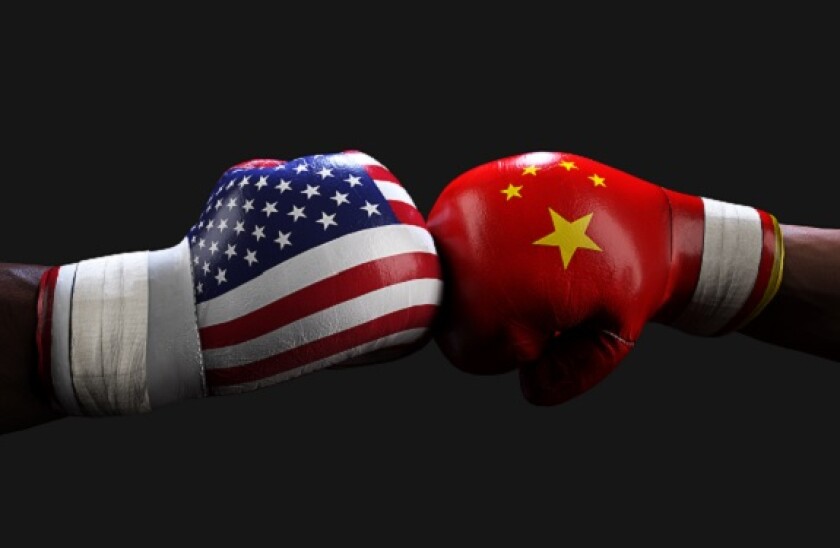Last week, Industrial Bank brought two ‘firsts’ to Asia’s debt market with its dual-currency bond worth about $922m.
The deal was the first offshore carbon neutrality bond to be sold by a Chinese lender, as the country’s banks align themselves with the government’s goal of zero carbon dioxide emissions by 2060. It was also a new record for the number of banks that formed the syndicate team — a whopping 42.
Syndicate teams naturally vary in size, depending on the need of the issuer, but in difficult markets it has become more common for Chinese borrowers to hire syndicate teams of 15, 20, or even 25 or more banks to lead a deal.
In 2019, for instance, the average number of bookrunners on a publicly sold Chinese dollar bond was 6.94, according to Dealogic. In 2020, the average jumped to 8.44. That average has climbed even further year-to-date to 9.59. The average so far in the second quarter is 10.16, as issuers find ways to sell deals when market conditions are not the best.
Those keeping a closer eye on the transactions will also see a growing frequency in the reshuffling of syndicate teams during bookbuilding — with banks moving between the global co-ordinator and lead manager and bookrunner ranks, depending on how much money they are able to commit to the deal. Some new banks are even added during the day when the deal is live.
There is an argument to be made for such a practice. The borrower has some guarantee that its deal will get past the finish line, if only with the support of the syndicate team. They can also leverage the banks’ balance sheets for tighter pricing and larger deals.
These become particularly vital in more difficult markets. Just look at the CSC Financial Co deal priced last week. The peak order book for the $500m 1.125% 2024 notes was $4.4bn — but $2.75bn of that demand, roughly 62.5% of the book, came from the 28 leads.
For something like the Industrial Bank transaction, the open call for bookrunners may also be a relationship move, allowing more banks and smaller securities houses a piece of a deal that will make headlines.
But as is often the case with these market practices, just because one can do it doesn't mean one should.
International investors have some incentive to take a stand. After all, such deals send up numerous red flags: that the deal is not market driven and so not priced at fair levels, and that the issuer is more concerned about taking money from its banking group rather than approaching ‘real’ investors. That does not bode well for the maturity of China's dollar bond market.
The timing of the rapid re-emergence of such practices is also critical.
Investors are still reeling from China Huarong Asset Management's delay in publishing its 2020 results and continued lack of transparency about its state of affairs. The Huarong situation has put a spotlight on Chinese state-owned or linked entities and the lack of overt support from the government. The situation has raised more questions among investors over how safe some investment grade rated credits truly are.
Against this backdrop, it is all the more necessary for Chinese issuers tapping the international public bond market to be as transparent as possible, and execute deals in line with best practices. Now is not the time to be squeezing the market for more.
A large part of the responsibility sits on banks — which should put their foot down on such a move. The importance given to league table credits is fair given the competitive industry investment banks are operating in, but banks’ reputations can very well be on the line if deals start going wrong.
It’s worth answering some key questions. If an issuer needs 20 banks or more to sell a bond, should it be selling one in the first place? If an issuer is approaching a transaction in a club-style way, wouldn’t a private placement or a bank loan be a better option, as opposed to a public deal with very little public investor involvement?
Hiring a large number of banks in choppy markets may seem like an easy solution to printing a bond, but banks need to wake up to the fact that their role is to provide advice that doesn’t go against good market practices.
It is equally important for Chinese firms to look at the bigger picture. To truly establish themselves as international borrowers, they must be willing to market deals in ways that will draw in global investors. Having 42 banks running a trade does not do that.

